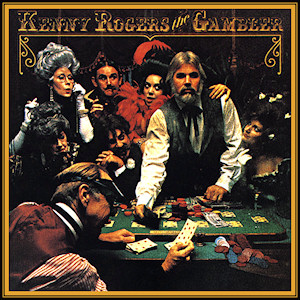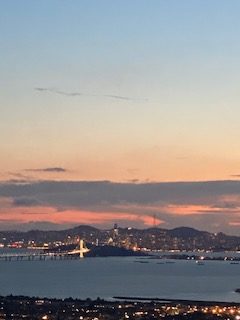The day I bet on Kenny Rogers.
Up until very recently, the word “bet” would always take me to the song “The Gambler” by Kenny Rogers, which I first heard when I was eight years old. As you can imagine, Mr. Rogers was not a staple name in Venezuela, and he would have remained unknown to me if it had not been…


